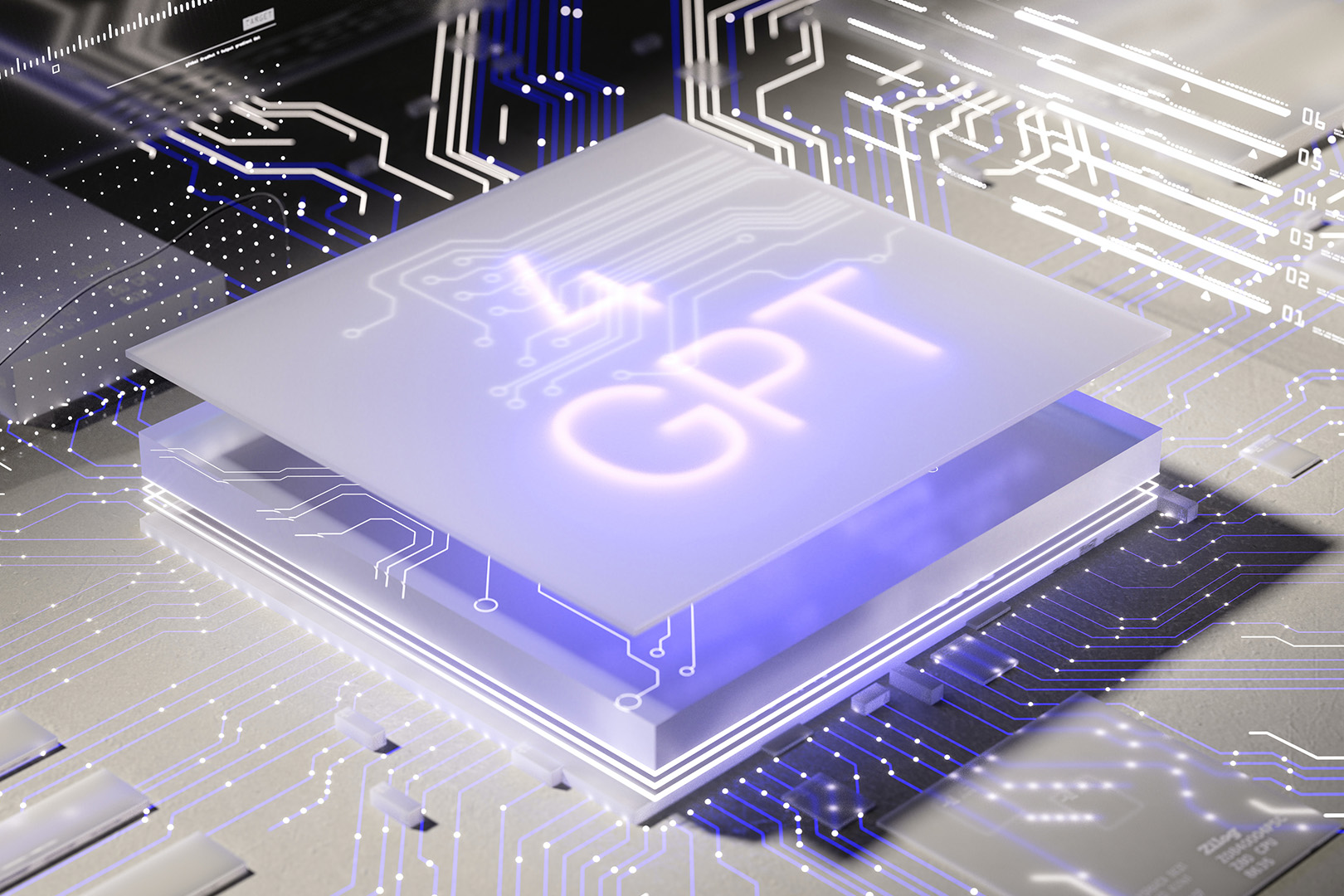
In the intricate framework of America’s founding documents, patent protection holds a specific and distinct place, reflecting the wise foresight of the founding fathers of our great country. The prominence of patent protection in the US Constitution was no afterthought; on the contrary, it emerged as a pivotal instrument to foster innovation, promote progress, and cultivate economic prosperity, which catapulted America to its leading international role.
The fundamental role innovation plays in societal advancement.
Article I, Section 8, Clause 8 of the Constitution grants Congress the power “To promote the Progress of Science and useful Arts, by securing for limited Times to Authors and Inventors the exclusive Right to their respective Writings and Discoveries.” This clause is a testament to the founding fathers’ recognition of the fundamental role innovation plays in societal advancement.
At the heart of this rationale for patent protection was the belief in incentivizing creativity and invention. James Madison, popularly known as the “Father of the Constitution,” included this sentiment in Federalist Paper No. 43, where he underscored the necessity of protecting intellectual property rights to stimulate ingenuity and reward the labors of the mind.
The colonial experience provided firsthand insights into the importance of safeguarding intellectual property. Prior to independence, British policies often stifled innovation by granting monopolies to favored individuals or companies, which discouraged competition and hindered progress. The founding fathers, drawing from this history, desired to establish a protection that would nurture innovation and unleash the creative energies of their new nation.
Additionally, the inclusion of patent protection reflected the broader Enlightenment ideals that permeated the intellectual environment of those times. Influenced by thinkers such as John Locke and Adam Smith, the founding fathers embraced the concept of property rights as essential to individual liberty and economic flourishing. Patents, in this context, represented property rights for intangible creations, affirming the principle that individuals should reap the rewards of their intellectual endeavors – which would foster the incentive to create!
The Foundation of Innovation: Patents spur industrial growth and technological advancement.
The economic significance of patent protection was not lost on the founding fathers. In the post-revolutionary times, marked by the need for economic independence and development, fostering innovation emerged as a strategic necessity. Thomas Jefferson, himself an inventor and a leading architect of our patent system, recognized the key role patents played in spurring industrial growth and technological advancement. Jefferson’s vision of a nation built on innovation resonated deeply, laying the groundwork for the expansive patent regime enshrined in the Constitution.
The enduring legacy of the founding fathers’ commitment to patent protection is evident in the profound impact it has had on American society. From the telegraph to the internet, countless inventions have transformed the fabric of everyday life, driven by the economic incentives provided by patent rights. Moreover, the patent system has served as a catalyst for economic dynamism, fostering a culture of entrepreneurship and fueling the engine of innovation-driven growth.
With the worldwide environment our country is facing today, the principles underlying patent protection remain as relevant as ever. In an increasingly globalized and competitive landscape, maintaining intellectual property rights is paramount to sustaining America’s leadership in innovation and securing its economic future. Thus, the inclusion of patent protection in the US Constitution stands as a testament to the foresight and wisdom of the founding fathers, whose vision continues to shape our nation.
The negative climate created since the establishment of the US Patent Office’s Patent Trial and Appeal Board (“PTAB”) has significantly undermined incentives for individual inventors and small companies to pursue patent protection for their intellectual property. It is imperative that this be reversed to preserve and promote the intent of our founding fathers and the future of America!
Andre' DiMino is a technology business executive with an extensive engineering and science background in the design, development, commercialization and manufacturing of medical devices, precision electronics, environmentally-safe chemical formulations, and, personal care and cosmetic products. He has over 50 issued and pending patents as well as technical publications. He is President and CEO of ADM Tronics (OTCQB-ADMT), a technology-based research, development and manufacturing publicly-traded company in New Jersey and has had senior executive positions in other technology companies. With decades of experience in US and international regulatory requirements for medical devices, Mr. DiMino has been responsible for the commercialization of a number of innovative medical products and technologies. He has served as an independent technology consultant and advisor to investment bankers and technology startups. Mr. DiMino is a Board Member of the New Jersey Manufacturing Extension Program and serves on the Industrial Advisory Board to Computer Science & Engineering at Fairleigh Dickinson University. He holds a BS in engineering and an MBA in Finance.







The America Invents Act went into effect on March 16, 2013. This act has, unfortunately, had a devastating effect on inventors and owners of small businesses, who make and sell products that they invented and patented. The act made it easy for opportunists to characterize small business entities with the same derogatory patent troll epitaph as the predators who are acquiring patents for the purpose of using them to extort royalty payments. Patent examiner Jeremiah R Smith initiated my curiosity in this subject.
Patent examiners are appointed and employed by the U.S. Patent and Trademark Office. (1) Patent examiners conduct searches and, if they find prior art that anticipates the claimed invention, they are empowered to request changes to be made to the wording of the claims. They are empowered to allow the applications to proceed to grant when they are satisfied with the wording of the claims. Patent applicants pay fees to the USPTO to have their patents examined. The USPTO is apparently funded by fees alone.
The America Invents Act created the Patent Trial and Appeal Board as an administrative tribunal within the U.S. Patent and Trademark Office. PTAB administrative patent judges are appointed and employed by the U.S. Patent and Trademark Office. (2) ANY PERSON can challenge the validity of a US patent before the PTAB upon payment of a significantly larger fee than the patent examination fee. The officially expressed sentiment is that the people who run small businesses and who own patents are predatory patent trolls, and that the people they are accusing of being patent infringers are their aggrieved victims.
(3) The PTAB is reexamining and invalidating patents issued to inventors despite the inventors having complied with ALL the USPTO novelty, inventiveness and utility requirements. USPTO personnel are being motivated to invalidate issued patents. He who pays the piper the most calls the tune. Hundreds of revenue earning patents are being invalidated every year. The PTAB has also been invalidating patents issued before March 16, 2013.
The imposition of the America Invents Act on the creative sector of the business community has set the wheels in motion for the annihilation of the creative underpinnings of free enterprise in the USA. The politicians are either unaware of this, or do not care.
The USPTO has long been examining and authenticating claimed inventions and has been providing signed documented declarations giving the persons who are named in the documents the right to take legal action against unauthorized use of their inventions. The USPTO relatively recently IMPOSED the PTAB facility that permits the USPTO to engage outsiders for the purpose of challenging the authenticity of patent claims and voiding their validity, and thereby depriving the named persons of the right to take legal action.
The situation can be summarized in terms of (1) a legal entity that contractually undertakes to provide named people with examination and authentication of their inventions, and upon payment of a fee provides each named person with a document that gives the person the right to take legal action against unauthorized use of the described inventions – however – (2) thereafter accepts PAYMENTS from people who are INFRINGING the inventions described in these documents, (3) in exchange for the voiding by USPTO personnel of the authenticity of the inventions.
Consider the following. The document does not provide any cautionary notification with respect to this voiding. The USPTO is proceeding in the sequence (1), (2), (3), and the persons in (2) are the patent infringers. This constitutes an intentional act of deceit, and the USPTO is thereby committing fraud. The recognized definition of fraud is an intentional act of deceit designed to reward the perpetrator or to deny the rights of a victim. If the persons in (2) are not involved in infringement and are not paying fees, only then is the PTAB action unlikely to be fraud. The myopic politicians who promoted the AIA made a colossal mistake. They must be persuaded to repeal it. It appears that defrauded inventors are entitled to take legal action to recover the totality of their damages and lost earnings. They must do this together.